The 2014 EP Elections across Europe
-
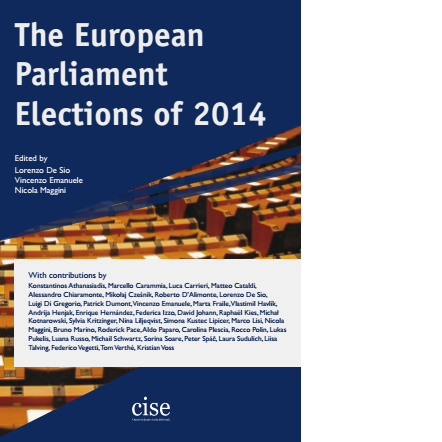
The European Parliament Elections of 2014 – the e-book
The European Parliament Elections of 2014 edited by Lorenzo De Sio,…
-
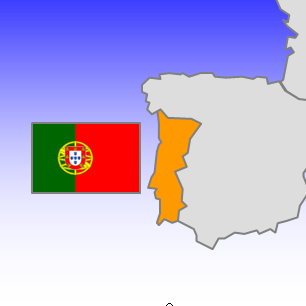
Portugal: between apathy and crisis of mainstream parties
Marco Lisi Portugal is experiencing a huge economic and social crisis…
-
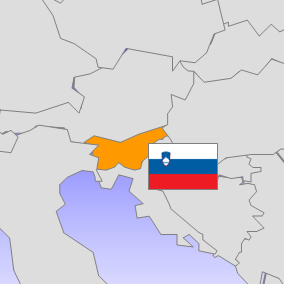
Slovenia: internal political crisis and the success of the opposition
Simona Kustec Lipicer EU was almost completely absent from the third…
-
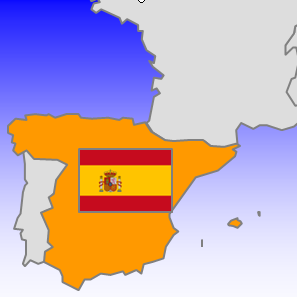
Spain: The beginning of the end of bipartisan rule?
Enrique Hernández and Marta Fraile Once more, and as is typical…
-
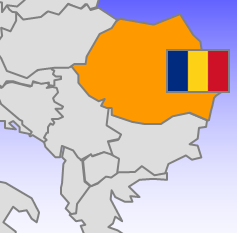
Romania: An antechamber for the 2014 presidential elections?
Sorina Soare Over the past 25 years, Romania has experienced a…
-
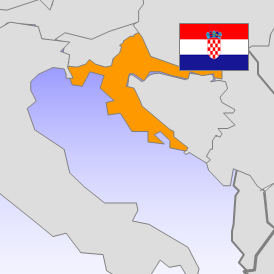
Croatia: Negative results for the government coalition
Andrija Henjak European parliament elections in Croatia took place only a…
-
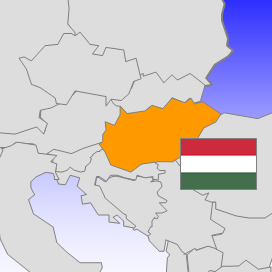
Hungary: the stability of Fidesz’ domain
di Federico Vegetti Introduction The result of the European elections of…
-
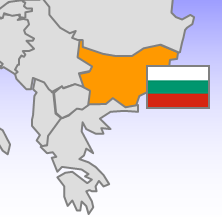
Bulgaria: To support or not to support the government in power, this is the dilemma
Sorina Soare Bulgaria, which formerly belonged to the Communist bloc, entered…
-
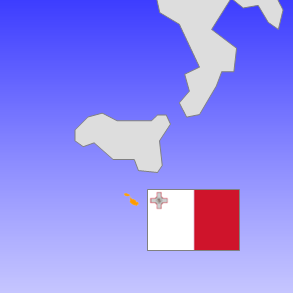
Malta: hidden change?
di Marcello Carammia e Roderick Pace Introduction On Saturday 24 May…
-
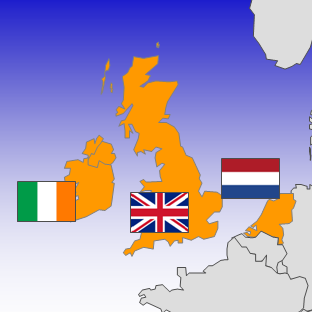
Netherlands, Ireland and UK: Euroscepticism does (not) triumph
Laura Sudulich On Thursday the 22nd of May citizens in the…